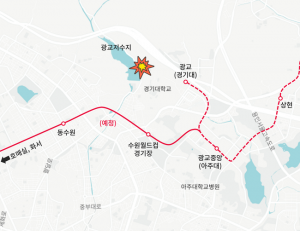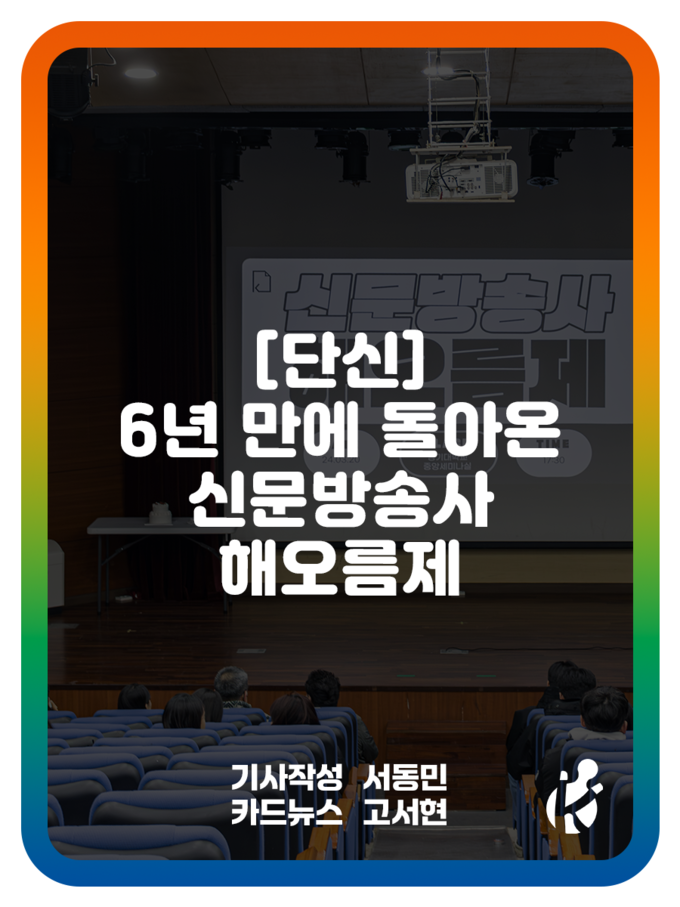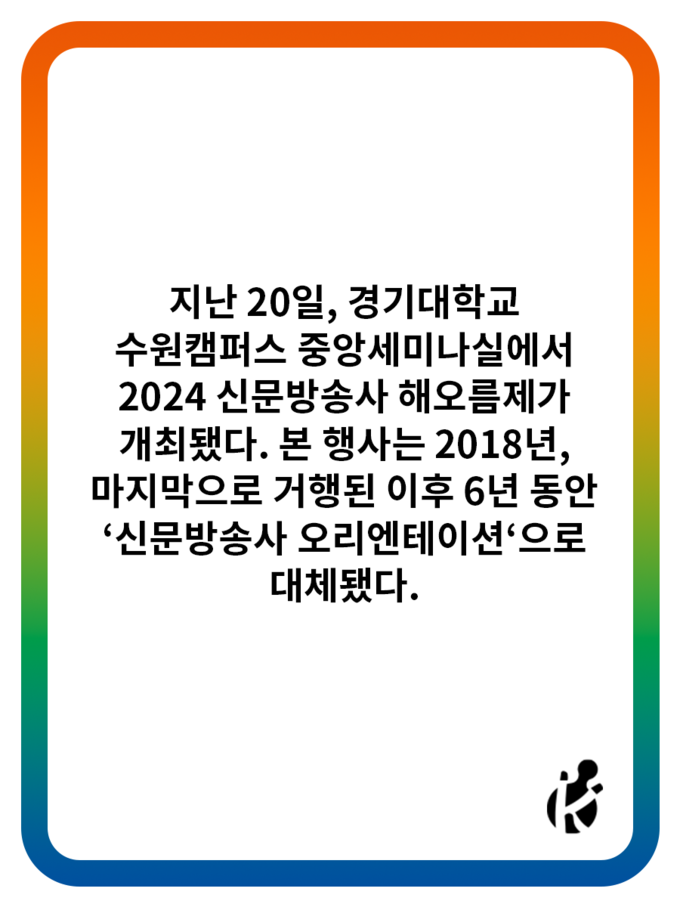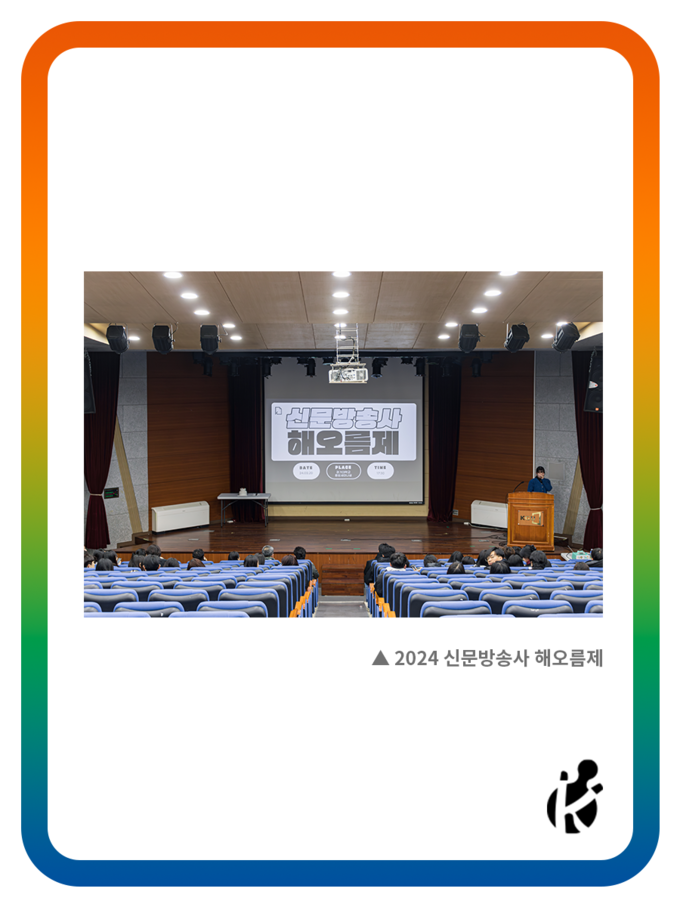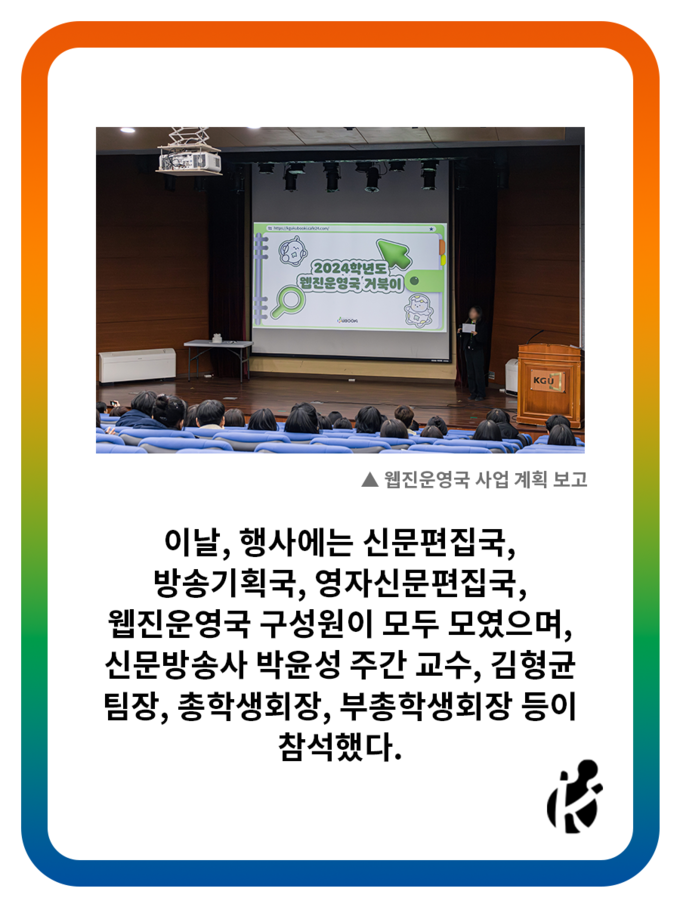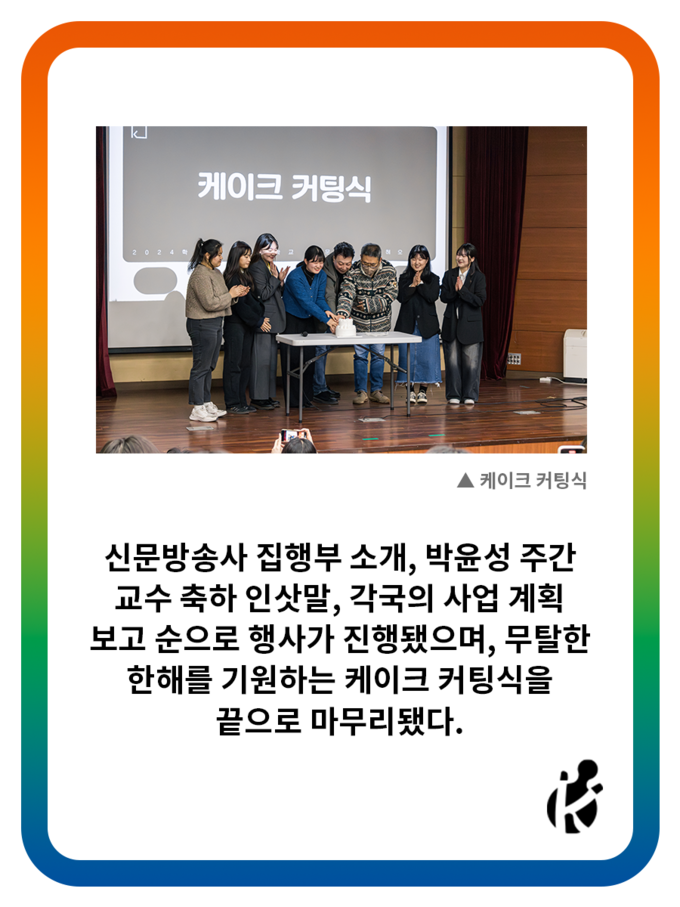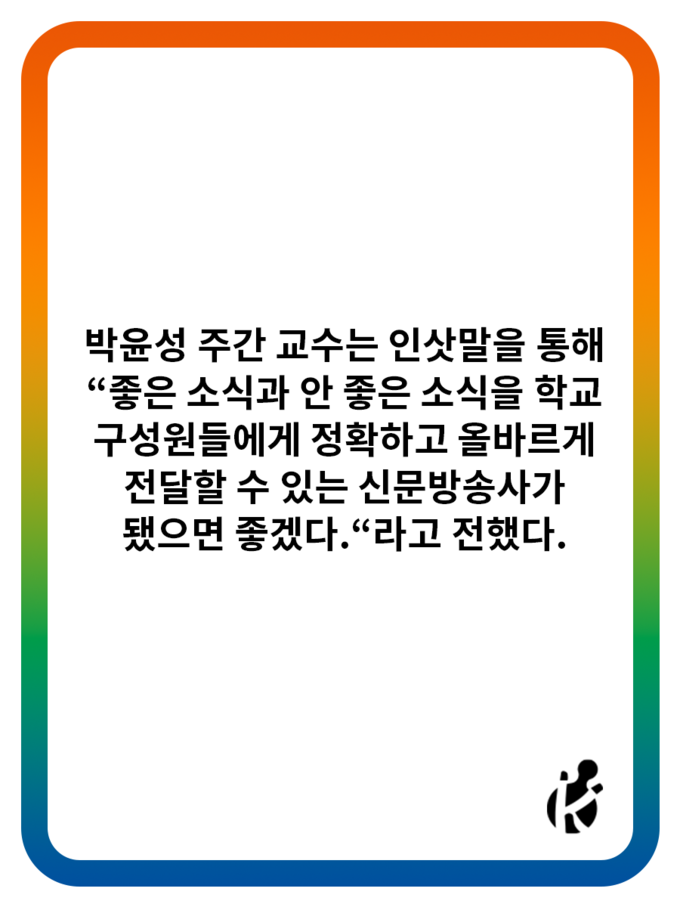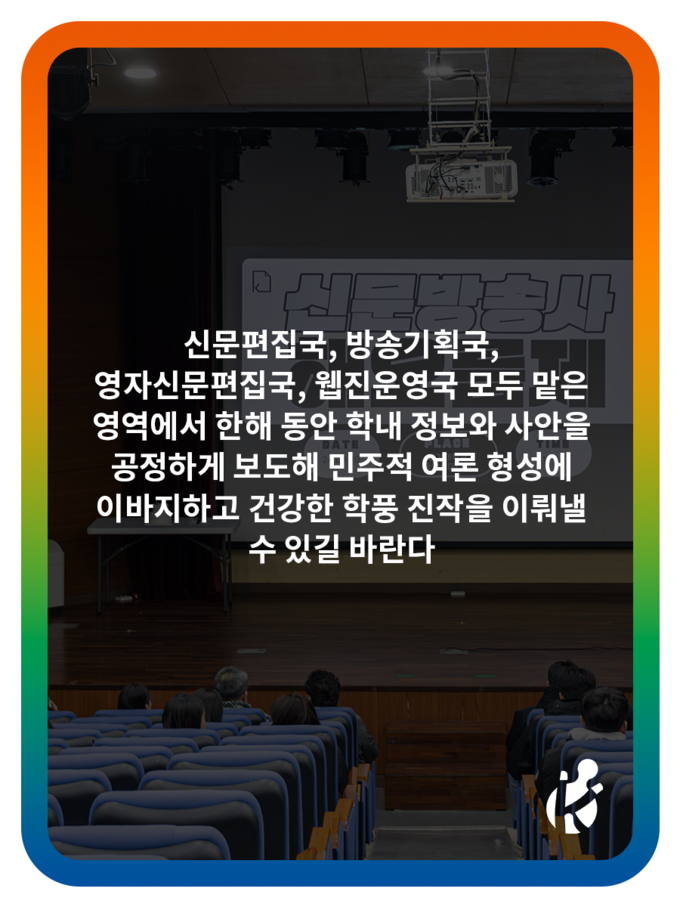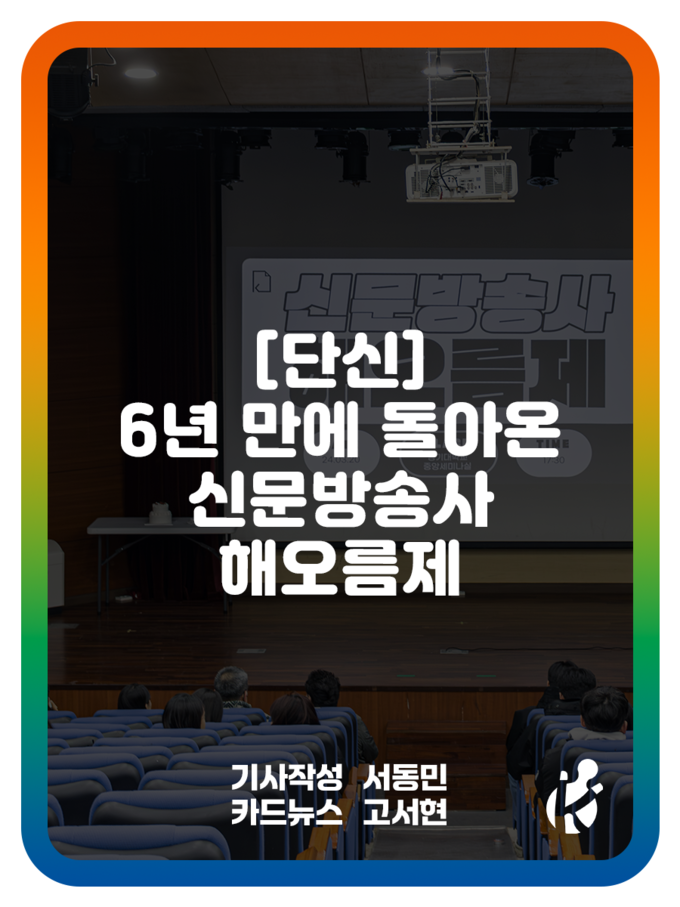Jamboree is the biggest youth gathering in the world and it happens once every 4 years. This year’s Jamboree was to be held in South Korea at Saemangeum, Jeollabuk-do from August 1st to August 12th. Lots of cultural exchanges, outdoor activities, and stage performances were held and many scouts were seen having fun, but there were less thrilling sides to the event as well. Poor restroom conditions and extreme weather forced teams, including international scouts, to relocate for alternate learning activities in Seoul. Jamboree was over, yet the controversy surrounding the event was not. When it was discovered that a significant sum of money was spent traveling to conferences around the world, people got upset about how their taxes were being spent. Politicians kept shifting blame. While some scouts were happy, some were understandably not and expected an apology from South Korea. Amongst all this noise, it may be hard to form an unbiased opinion for yourself. Pharos decided to give you a factual glimpse into the Jamboree crisis so that you can make up your own mind about what we should take away from this incident.
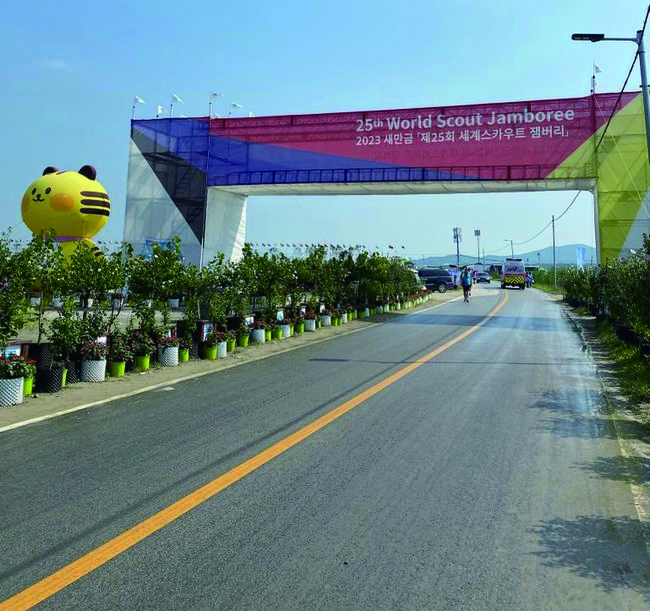
What went wrong with the Jamboree this year? Firstly, the restrooms and showers were filthy, with traditional toilets, bugs, and long shower queues and only cold water. The Korean government sent 700 staff to address the problem at Jamboree. Secondly, heavy rain submerged parts of the event grounds in Saemangeum, reclaimed land planned for future farmland. A risk of flooding due to the flat terrain was anticipated, but the idea to level and lower the ground was deemed too troublesome. The Korean government spent 6 million won on plastic pallets to elevate tents above the wet ground. Thirdly, the event grounds hit 35°C, leading to 108 heat-related illnesses. Limited facilities forced some to be treated in hallways and at desks. Officials initially sought 9.3 billion won, but got 2 billion won after the incident. Fourthly, the food provided was mostly cheap snacks, and out of 80 boiled eggs, 6 of them contained mold. Lastly, scouts were unable to find rooms to stay in Seoul after leaving the Jamboree event prematurely. The British team had to sleep in a hotel banquet hall because there were not enough rooms to accommodate all the scouts. Seoul officials sent out messages to citizens offering them 150 thousand won if they let the scouts stay overnight in their houses.
Pharos had the chance to interview three adolescent German scouts, ages 14 - 16, who went to Korea because of Jamboree. For two of them, it was the first time going abroad on scout activities in general. Something they all mentioned was the extreme heat and, according to C. Zilles (15) from Paderborn, the black tents they slept in were already unbearably hot as early as 7:00 in the morning, so sleeping for longer was almost impossible. The organization was lacking on the first day, with complaints about the amount of food not being enough. “After a few complications on the first day, the camping site was well organized and there were even a few small convenience stores available”, says Noel (16) from Paderborn. All of them mentioned the organization getting better after the first day. What they liked the most was meeting other scouts from all over the world, making new friends and learning about the different cultures. “What bothered me the most were the recurring complications and that the American and British scouts had to leave early,” says C. Zilles. “I found it sad that we also had to leave the campsite early but I can understand the decision.” The German scouts were transported to a student dorm at the Myongji University, where they spent the rest of their time. “There were only German scouts with us, so we couldn’t interact with other international scouts anymore,” Noel replied to the question about his most disliked part of the trip. To the question, if they would like to come back to Korea in the future, they all replied that they would. “I can see myself coming back in a few years to explore even more of this country,” C. Zilles replied. G. Parkinson (14) from Pederborn thinks Korea is beautiful, but said, “I would never come back during summer or the rainy season.”
What were the causes of this Jamboree's failure? The Jamboree planning committee spent a big part of the budget, 117.1 billion won, on business trips abroad. They went on 99 trips over the past 8 years. This waste of budget is the cause of the failure. The biggest problem is the relationship between the central and local governments. The area proposed by Jeonbuk was not in a state where the event could be held. The event site, Saemangeum, is reclaimed land. It was just an exposed area of land near the sea. The land had to be reclaimed and compacted to be used as an event site and campsite. Site reclamation is a time-consuming undertaking. This played a decisive role in undermining the preparation period for the festival. It involved several administrative procedures, including a reclamation plan and a consultation on project costs, and it took four years to reclaim the site. Why did the local government try to host the event in this fashion? Local governments are trying to develop the area by hosting events due to financial problems. However, the central government was not familiar with the problems of the local government, such as the budget. The vertical communication system and the lack of communication between the central and local governments created this failure.
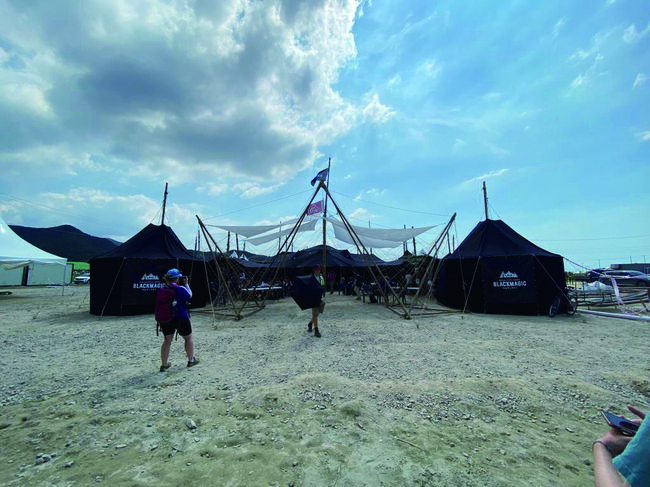
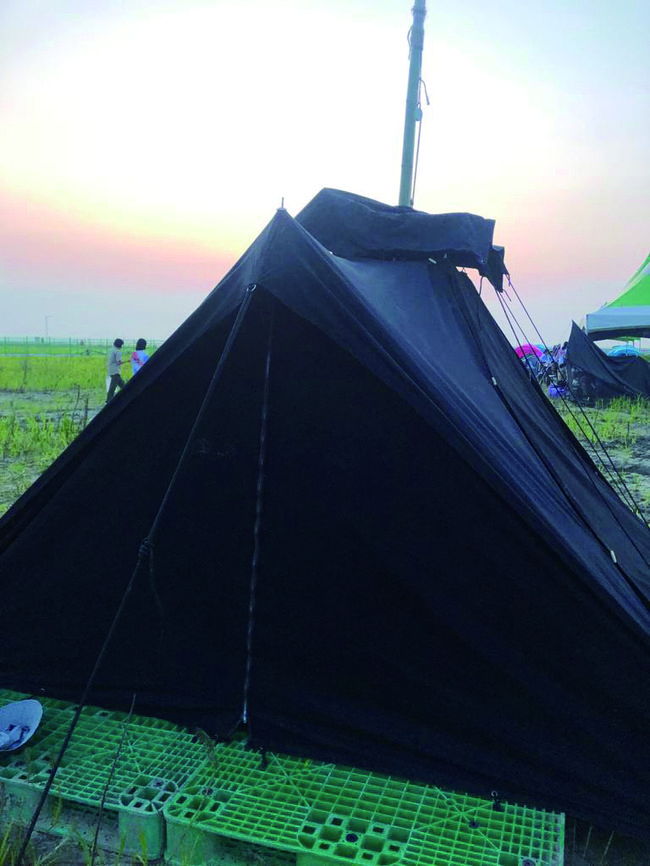
The failure of this Jamboree has led to disputes among many politicians in South Korea. Announcements of deferring blame onto each other have further aggravated public opinion. We should stop the political infighting and blame games and instead actually address the issue of the hierarchical culture that repeatedly fails to manage disasters. Blaming only worsens matters. We must learn from this incident and make great efforts to prevent the same problem from recurring. In events like this, it’s necessary to clearly distinguish between the roles of local and central governments and share their respective duties. In order for cooperation between the central and local governments to work well, it is necessary to achieve a balance of power and establish a horizontal communication structure. Financial disparities between local and central governments, vertical hierarchies, and rigid communication will need to be improved. Additionally, it’s absolutely necessary to put in place a brake on the indiscriminate hosting of international events. It is more important to successfully host one international event than to host multiple international events. It’s said that South Korea’s national status has fallen due to this Jamboree failure. To recover from this, we must show improvement at the next international event.
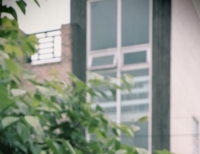 Shall We Dance?
There are moments that you want to get away from. Sometimes life is overwhelming and you might think that you’re too fragile. Due to personal reasons, I felt like that while working on this issue. Although I felt helpless, somehow I got over it. You control your own life. Your society is where you belong. You should take responsibility for your life and society and take good care of yourself. What I tried not to forget is this quote by Viv...
Shall We Dance?
There are moments that you want to get away from. Sometimes life is overwhelming and you might think that you’re too fragile. Due to personal reasons, I felt like that while working on this issue. Although I felt helpless, somehow I got over it. You control your own life. Your society is where you belong. You should take responsibility for your life and society and take good care of yourself. What I tried not to forget is this quote by Viv...

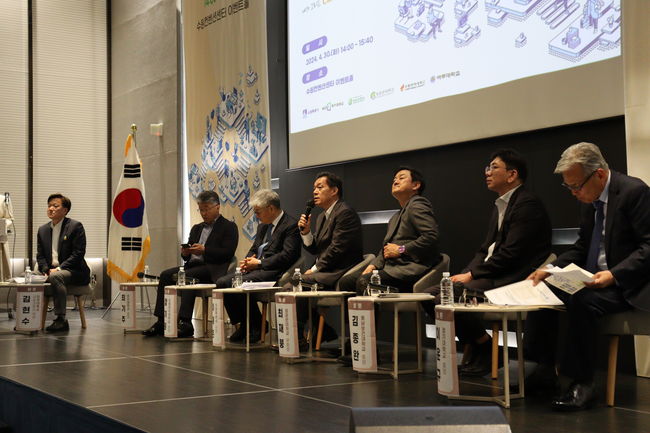 [심층보도] 캠퍼스타운, 본교 발전의 초석 될까
[심층보도] 캠퍼스타운, 본교 발전의 초석 될까
 [와이파이] 성인 엑스포, 단순 행사인가 유사 성매매인가
[와이파이] 성인 엑스포, 단순 행사인가 유사 성매매인가
 [방구석 시사회] ‘괴물 형사’ 마석도, 네 번째 진실의 방으로
[방구석 시사회] ‘괴물 형사’ 마석도, 네 번째 진실의 방으로
 [진리터] 우후죽순 발생하는 이슈, 관심으로 찾을 수 있는 권리
[진리터] 우후죽순 발생하는 이슈, 관심으로 찾을 수 있는 권리

 목록
목록








